Laparoscopy is an advanced type of exploratory surgery performed using a laparoscope, allowing surgeons to examine the abdominal and pelvic cavities through one or two small incisions, often referred to as keyhole incisions. This technique is less invasive than traditional laparotomy surgery and is typically employed for diagnostic purposes, especially when imaging tests have failed to reveal underlying issues. During the procedure, surgeons may also collect tissue samples for biopsy or address minor problems, such as removing growths or blockages encountered during the examination.
What is Laparoscopic Surgery?
Laparoscopic surgery is a minimally invasive procedure that utilizes a laparoscope—a thin, telescopic rod equipped with a camera—to visualize the internal organs without the need for large incisions. In contrast to open abdominal surgery, which often requires a 6- to 12-inch incision, laparoscopic surgery usually involves two to four small incisions, each measuring no more than half an inch. The camera allows surgeons to operate with precision, making this method a preferred choice for many patients.
Common Laparoscopic Procedures
Today, laparoscopic surgery is a viable option for various routine procedures. Your eligibility for laparoscopic surgery will depend on the complexity of your medical condition; some complex cases may still require open surgery. However, laparoscopic surgery has become the standard approach for many routine procedures due to its cost-effectiveness and improved patient outcomes. Common laparoscopic procedures at Ferticore IVF Centre include:
· Removal of cysts, fibroids, and polyps
· Excision of small tumors
· Biopsy procedures
· Hysterectomy
· Tubal ligation and reversal
· Ectopic pregnancy removal
· Surgery for endometriosis
· Urethral and vaginal reconstruction
· Orchiopexy (testicle correction)
· Treatment for blocked fallopian tubes
· Removal of scar tissue and other reproductive system abnormalities
Is Laparoscopic Surgery Considered Major Surgery?
While laparoscopic surgery is regarded as minimally invasive due to the small incisions, it can still be classified as major surgery, especially when organ removal is involved. Although the risks of laparoscopic procedures, such as bleeding, organ injury, and internal scarring, are present, the technique generally allows for quicker recovery times and is associated with high success rates.
Safety of Laparoscopic Surgery
Laparoscopic surgery is generally considered as safe as open surgery. The smaller incisions help reduce the risk of infection, blood loss, and postoperative complications, including wound separation and incisional hernia. Furthermore, minimizing direct contact between the patient and surgeon reduces the risk of germ transmission. Patients often experience shorter recovery periods, which lowers the risk of complications related to prolonged bed rest, such as deep vein thrombosis.
Preparing for Laparoscopic Surgery
Preparation for laparoscopic surgery typically involves general anesthesia, so you will need to refrain from eating or drinking for about eight hours before your procedure to prevent anesthesia-related complications. It's also essential to arrange for transportation home after your surgery, as you may feel drowsy from the anesthesia. Detailed medication instructions will be provided by your doctor prior to your surgery.
What Happens Before the Procedure?
Upon arriving at Ferticore IVF Centre, a nurse will check your vital signs to ensure you're fit for surgery, and you'll change into a hospital gown. Additional tests, such as blood work or imaging, may be conducted to confirm your readiness for the procedure. Once preparations are complete, an IV line will be inserted to deliver fluids and anesthesia, and you will be placed under general anesthesia for the operation.
What Happens During the Procedure?
Once you are anesthetized, the surgeon will:
· Insert a needle into your abdomen.
· Inject gas to inflate the abdomen, enhancing visibility.
· Remove the needle and insert a laparoscope through a small incision.
· Create a second incision to insert a probe for organ visualization and manipulation.
· Depending on your condition, the surgeon may also perform additional steps, such as:
· Injecting dye into the fallopian tubes to assess their patency.
· Removing adhesions or scar tissue.
· Correcting any abnormalities.
· Opening blocked fallopian tubes.
If needed, a third incision may be made to insert tools for further treatment. Once the procedure is complete, the surgeon will remove the instruments and stitch the incisions. You will be monitored for a few hours post-surgery to ensure a smooth recovery.
Advantages of Laparoscopy
· Laparoscopy offers several advantages over traditional surgical methods, especially in diagnosing and treating infertility issues:
· Minimally invasive approach
· Reduced risk of infection
· Smaller scars
· Potential for simultaneous problem resolution during surgery
· Quicker recovery times
At Ferticore IVF Centre, our team of experienced laparoscopic surgeons is dedicated to providing you with the highest quality care. If you are considering laparoscopic surgery, contact us today to learn more about your options and how we can assist you on your journey to improved health.
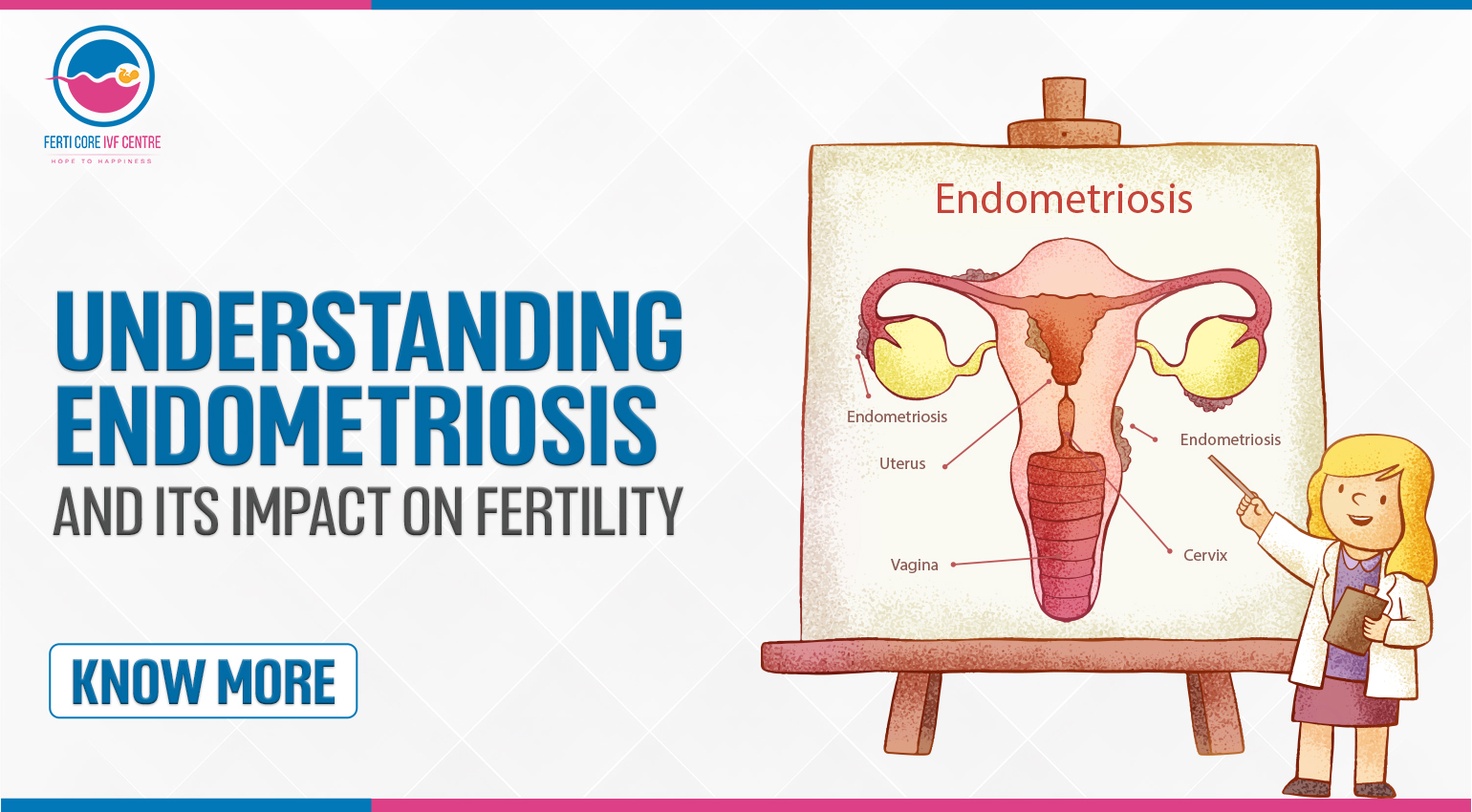 Understanding Endometriosis and its Impact on Fertility
Understanding Endometriosis and its Impact on Fertility
 10 Best Foods That Can Enhance IVF Success and Boost Fertility Naturally
10 Best Foods That Can Enhance IVF Success and Boost Fertility Naturally
 Navigating the IVF Journey: A Step-by-Step Guide
Navigating the IVF Journey: A Step-by-Step Guide
 Personalized Care in IVF: Tailoring Treatments for Individual Needs
Personalized Care in IVF: Tailoring Treatments for Individual Needs
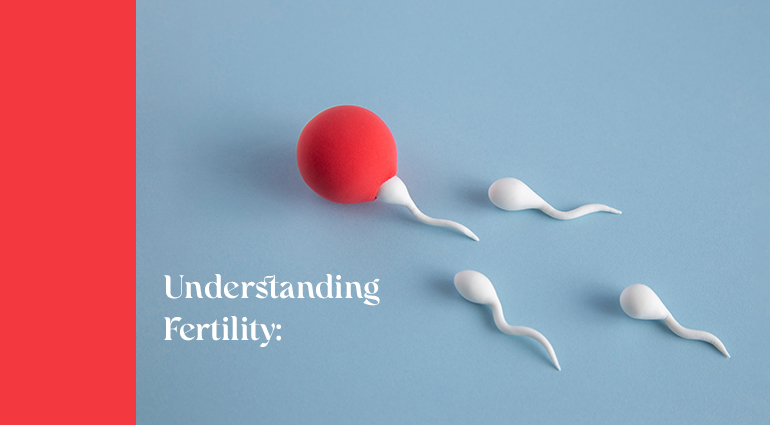 Understanding Fertility: Common Causes and Treatments
Understanding Fertility: Common Causes and Treatments
 Things You Must Know About Intrauterine Insemination (IUI) Treatment- Ferticore IVF centre
Things You Must Know About Intrauterine Insemination (IUI) Treatment- Ferticore IVF centre
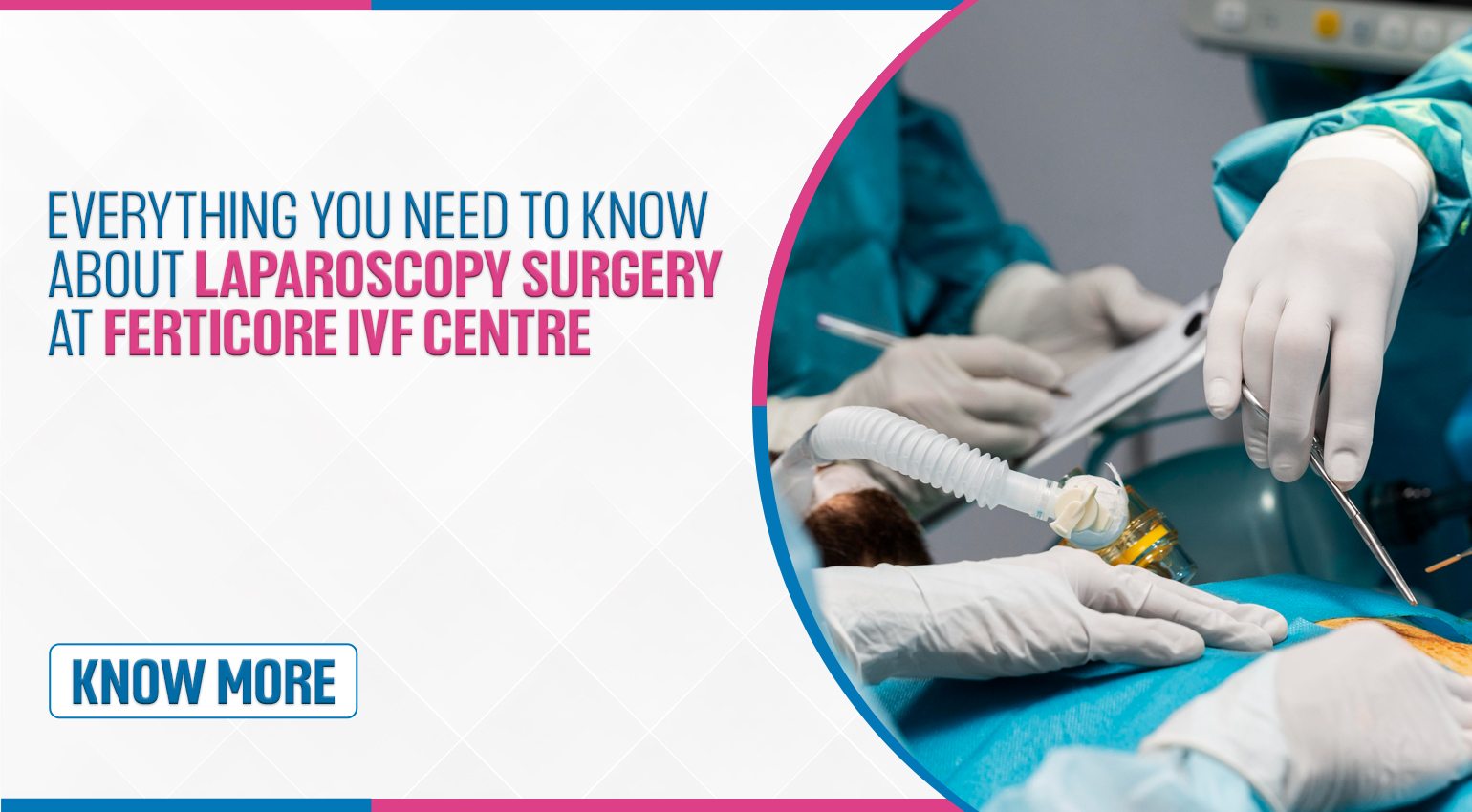 Everything You Need To Know about Laparoscopy Surgery at Ferticore IVF Centre
Everything You Need To Know about Laparoscopy Surgery at Ferticore IVF Centre
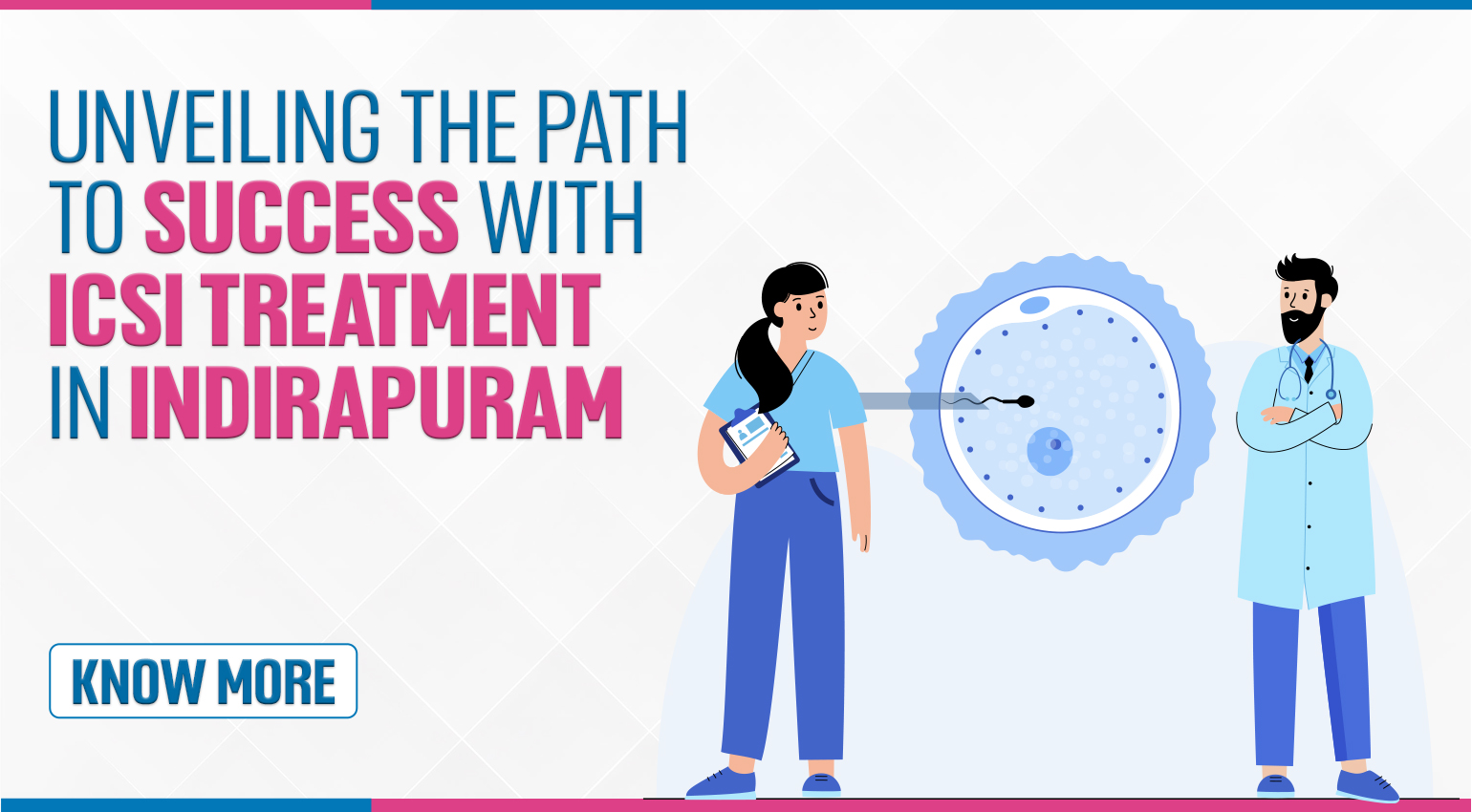 Unveiling the Path to Success with ICSI Treatment in Indirapuram - Ferticore IVF Centre
Unveiling the Path to Success with ICSI Treatment in Indirapuram - Ferticore IVF Centre
 10 Key Questions to Ask Your Fertility Specialist About IVF at Ferticore IVF Center
10 Key Questions to Ask Your Fertility Specialist About IVF at Ferticore IVF Center
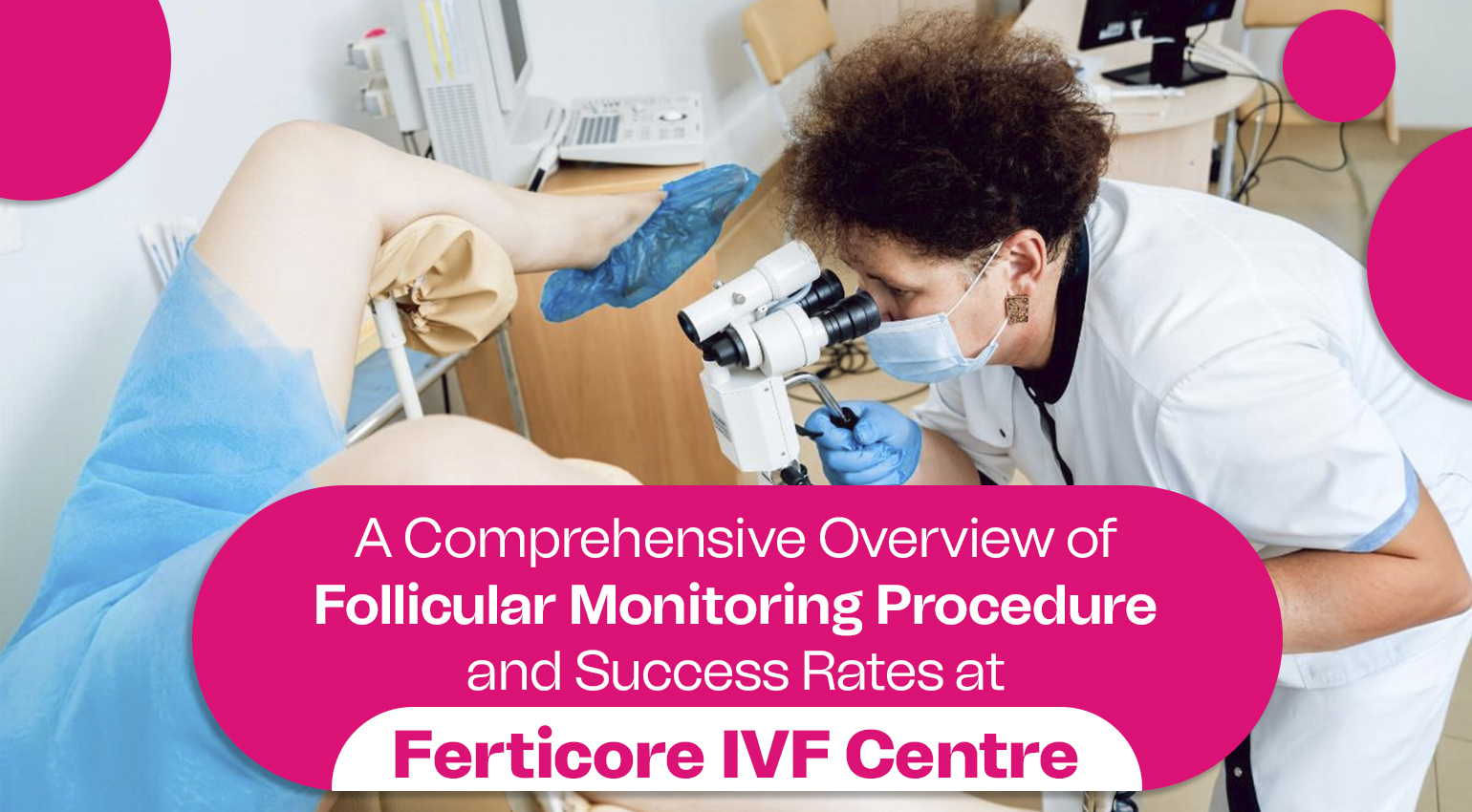 A Comprehensive Overview of Follicular Monitoring Procedure and Success Rates at Ferticore IVF Centre
A Comprehensive Overview of Follicular Monitoring Procedure and Success Rates at Ferticore IVF Centre
 Everything You Need to Know About Evaluation of Male Infertility
Everything You Need to Know About Evaluation of Male Infertility
 Understanding the Connection between Stress and Infertility
Understanding the Connection between Stress and Infertility
 7 Signs That Your Embryo Transfer May Have Been Successful
7 Signs That Your Embryo Transfer May Have Been Successful
 All You Need to Know About Preserving Female Fertility
All You Need to Know About Preserving Female Fertility
 Natural Strategies to Enhance Egg Quality for IVF Success - Ferticore IVF Centre
Natural Strategies to Enhance Egg Quality for IVF Success - Ferticore IVF Centre
Copyright © 2024 . Designed By Wafi Media Marketing Solutions Pvt. Ltd.